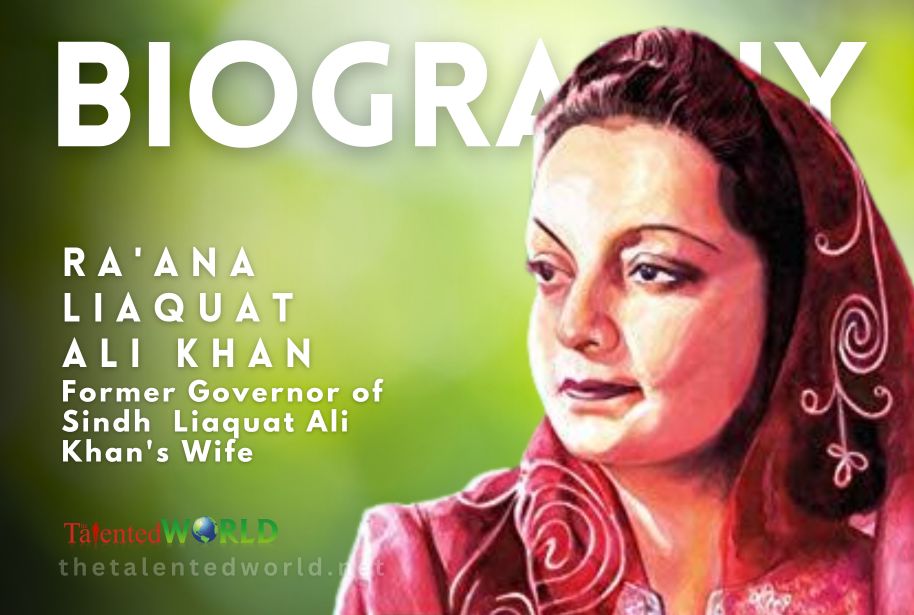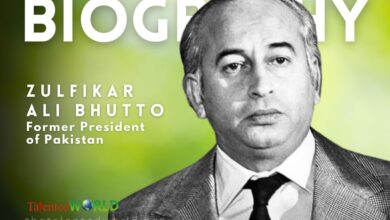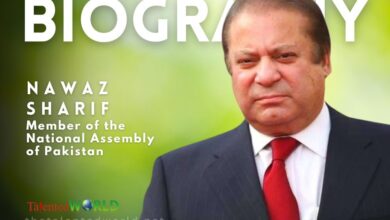| Full Name | Begum Ra’ana Liaquat Ali Khan |
| Born | 13 February 1905 |
| Birthplace | Almora, Kumaon, British India (present-day Almora, Kumaon, India) |
| Died | 13 June 1990 (aged 85) |
| Citizenship | – British subject (1905–1947) – Pakistani (1947–1990) |
| Nationality | Pakistani |
| Political Affiliation | Muslim League |
| Spouse | Liaquat Ali Khan (m. 1932; d. 1951) |
| Education | – BA in Economics and Bachelor of Theology in Religious Studies from the University of Lucknow – Double MSc in Economics and Sociology from the University of Lucknow |
| Occupation | Stateswoman |
| Positions Held | – Spouse of the Prime Minister of Pakistan (1947–1951) – President of All Pakistan Women’s Association (1949–1951) – 10th Governor of Sindh (1973–1976) |
| Notable Contributions | – First Lady of Pakistan (1947–1951) – One of the leading figures in the Pakistan Movement – Pioneering women’s development programs in Pakistan |
| Titles | Māder-e-Pakistan (Mother of Pakistan) |






